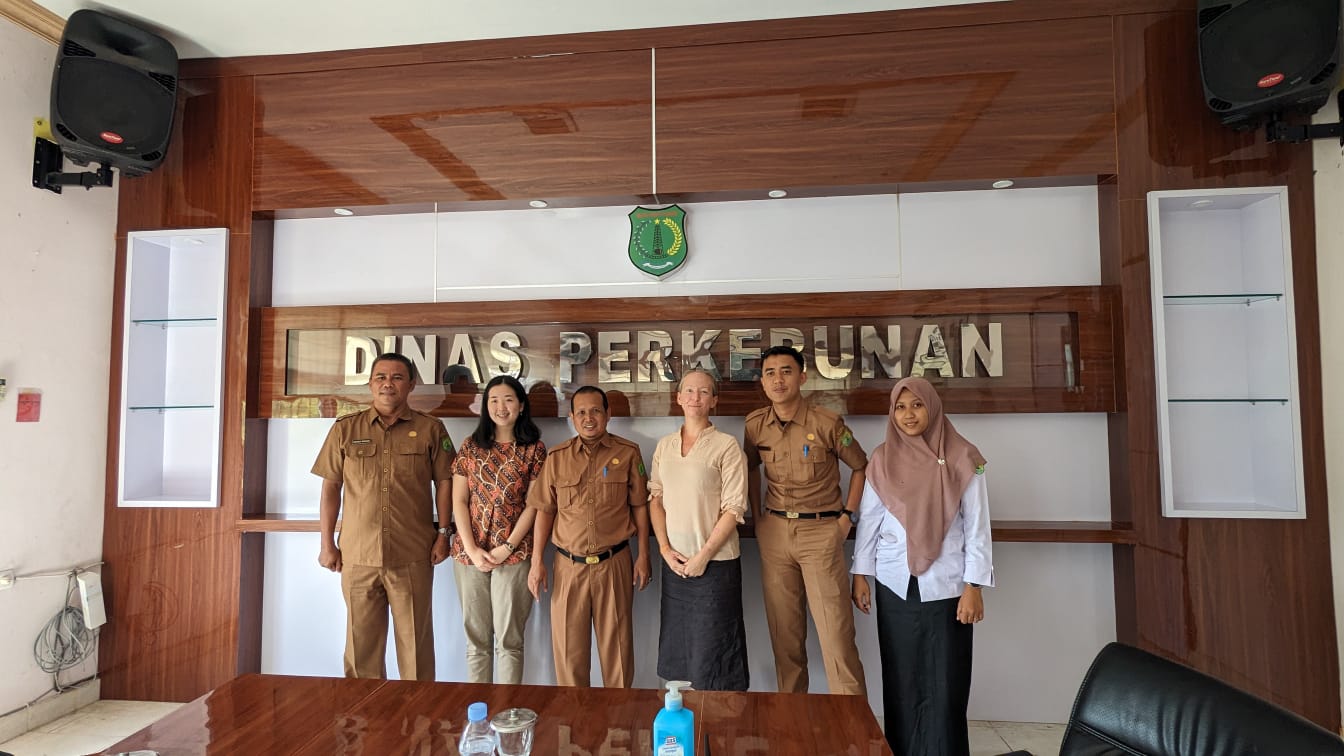Greening palm oil
Can agricultural intensification reduce the environmental externalities of palm oil?
Agricultural productivity, poverty, and the environment
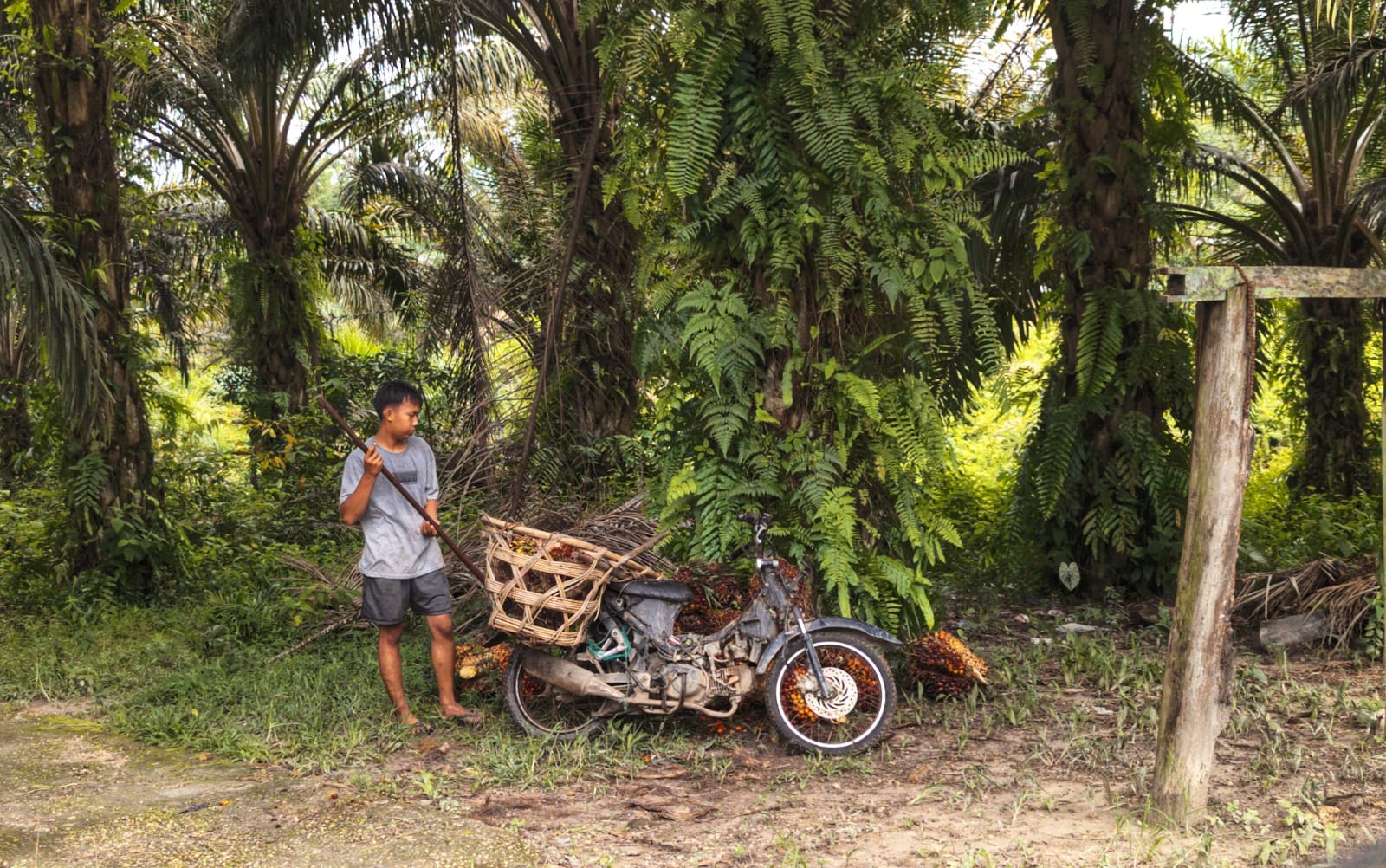
Project overview
Global palm oil demand casts a long shadow by contributing to deforestation, a major driver of climate change and biodiversity loss. Indonesia’s People’s Palm Oil Replanting Program (PSR) aims to combat this by encouraging smallholder farmers to improve productivity on existing palm oil plantations, reducing the need for further deforestation. Unfortunately, low enrollment rates hinder the program’s effectiveness in achieving its environmental and socio-economic goals.
Using field experimental methods, this project aims to identify solutions to the PSR’s enrollment challenges. By rolling out the most promising solutions in a randomized controlled trial, we seek to understand how to best reduce the well-documented environment-development trade-offs associated with Indonesia’s recent agricultural development, thereby advancing sustainable development in Indonesia and beyond.
Working with J-PAL South East Asia, we are currently developing and piloting three interventions with smallholders in South Sumatra.
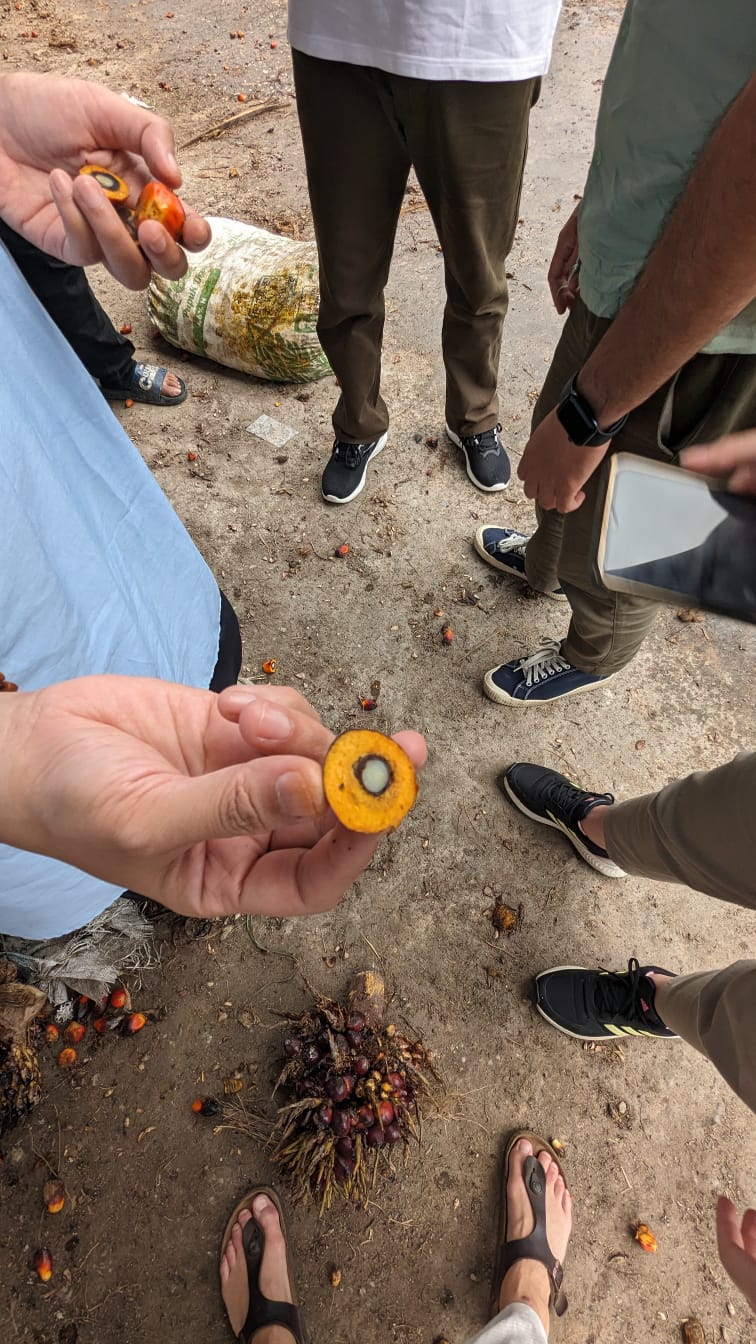
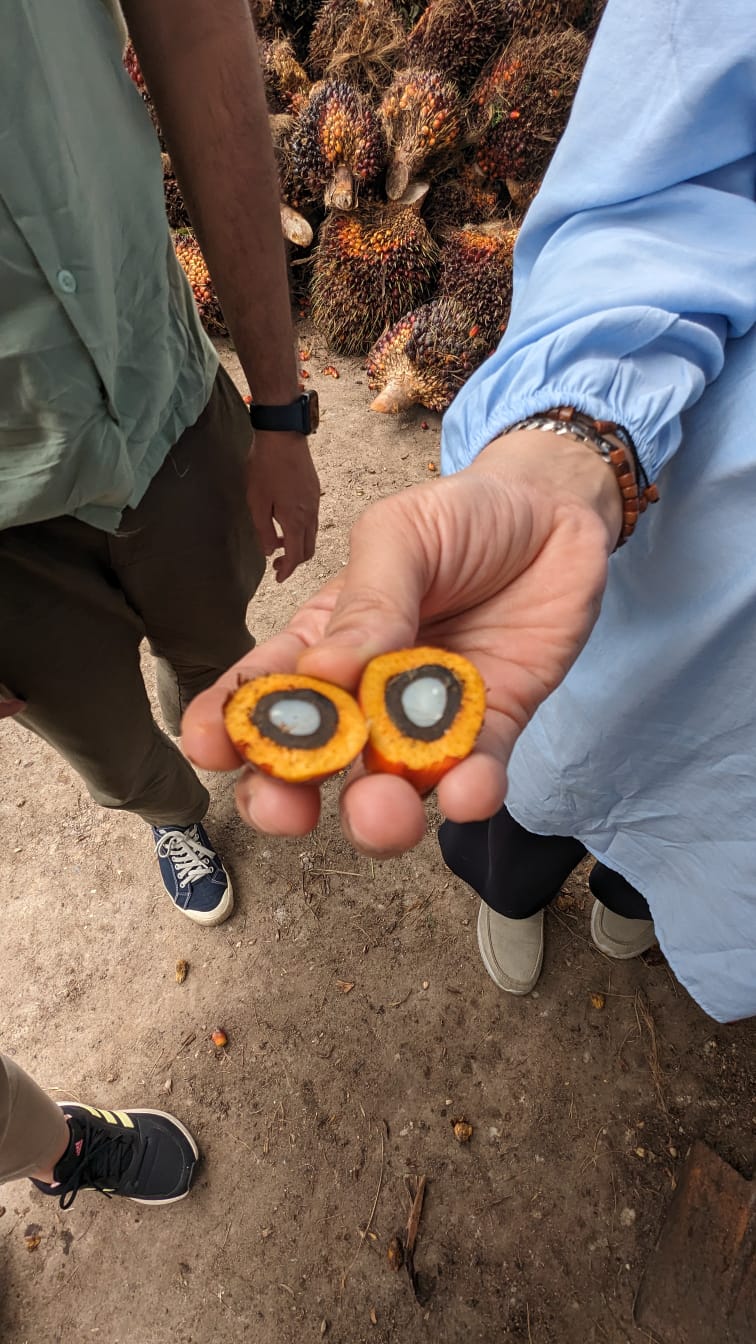
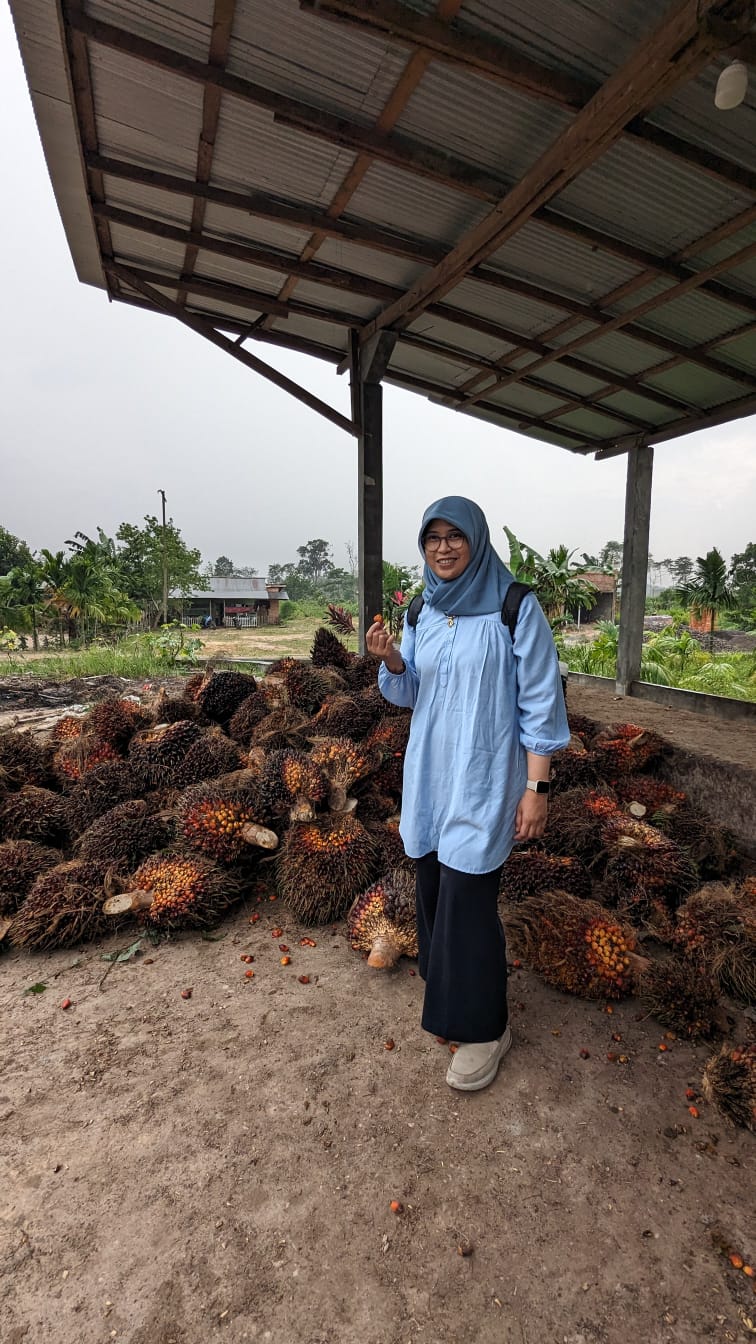
Research team
Collaborators on this project include
- Ryan Edwards (Crawford School of Public Policy, Australian National University)
- Alin Halimatussadiah (Institute for Economic and Social Research Faculty of Economics and Business Universitas Indonesia)
- Elan Satriawan (Universitas Gadjah Mada and National Team for the Acceleration of Poverty Reduction, TNP2K)
Funding
This pilot project received support from a KONEKSI Environment and Climate Change Collaborative Research Grant
Links

